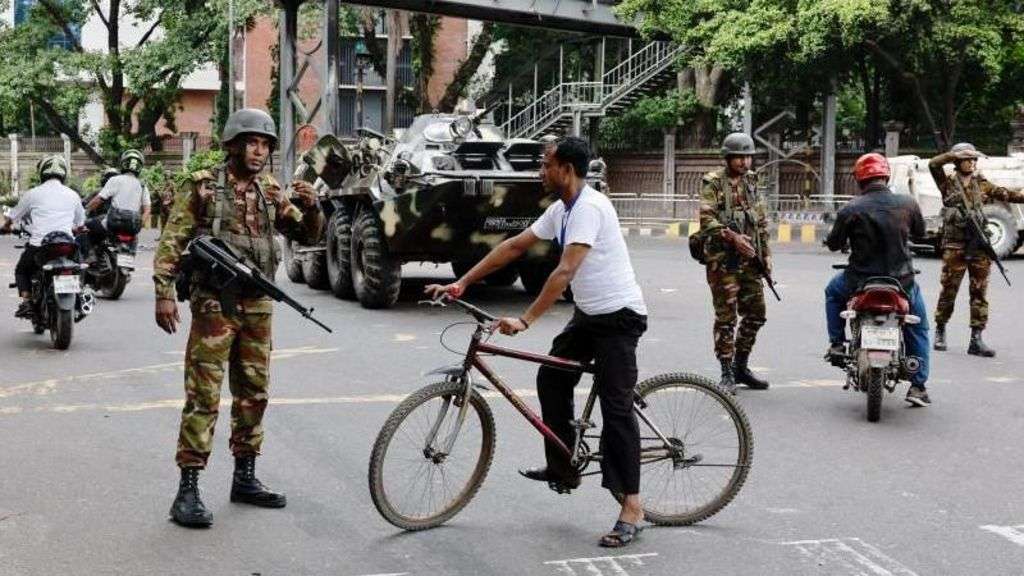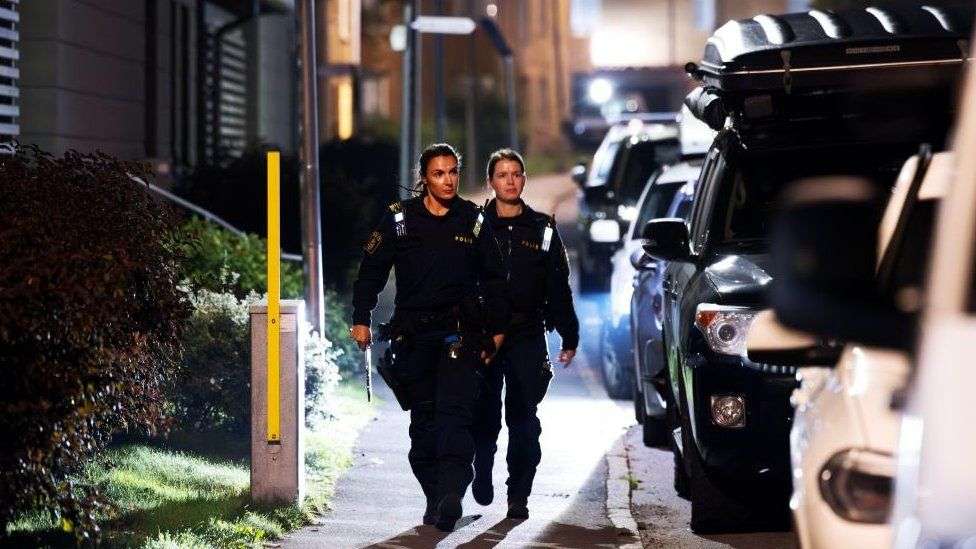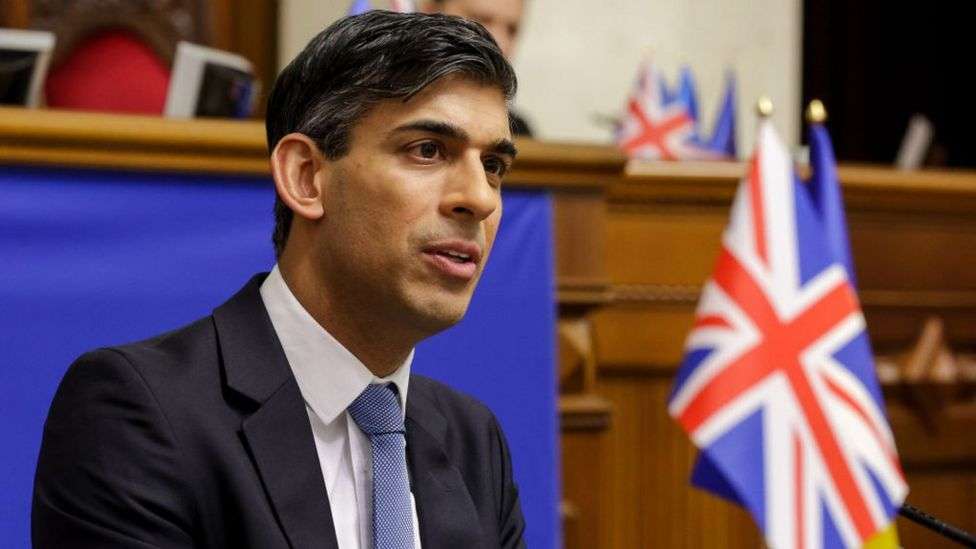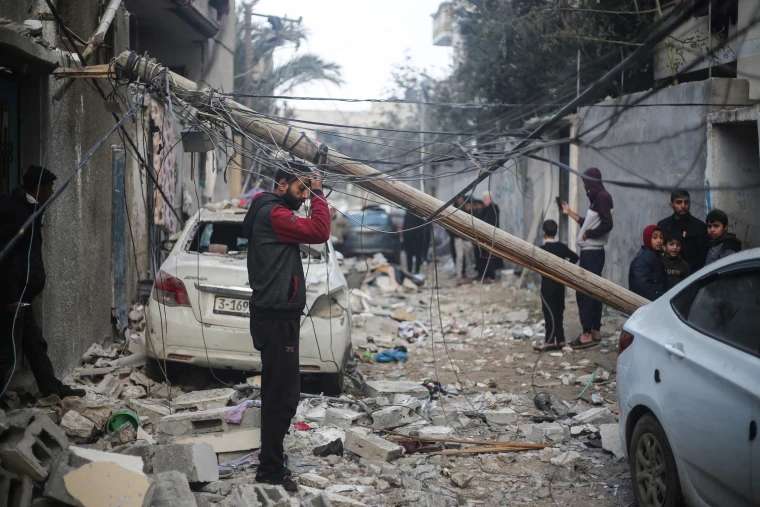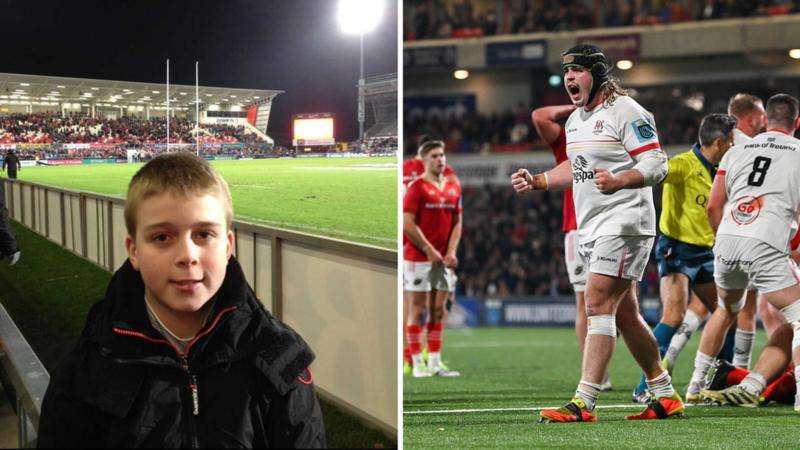Bangladesh's top court has scrapped most of the quotas on government jobs that had sparked violent clashes across the country that have killed more than 100 people.
A third of public sector jobs had been reserved for the relatives of veterans from the country’s war for independence from Pakistan in 1971.
But now the court has ruled just 5% of the roles can be reserved for veterans' relatives.
Law Minister Anisul Huq said he welcomed the verdict. It is unclear how protesters will respond, with at least one student leader calling for demonstrations to continue.
Shah Manjurul Haque, a lawyer for petitioners who wanted the quotas kept in place, called the supreme court ruling “historic” and urged calm.
“Let everyone accept this verdict,” he told a press briefing, adding that “students should go home” and urging "third parties" not to "fish in the muddy waters" of the dispute.
However a spokesman for one of the student groups was quoted by AFP as saying the protests would continue.
"We welcome the Supreme Court verdict," a spokesman for Students Against Discrimination told AFP. "But we won't call off our protests until the government issues an order reflecting our demands."
Some protest leaders have reportedly been arrested. Others are demanding justice for those killed in the clashes.
Streets in the capital Dhaka are deserted as a second day of curfew is in force, but sporadic clashes continued even after the supreme court ruling.
About 115 people are known to have died but local media report a much higher casualty figure. At least 50 people were killed on Friday alone.
The Supreme Court ruling orders that 93% of public sector jobs should be recruited on merit, leaving 5% for the family members of the veterans of the country's independence war.
A remaining 2% is reserved for people from ethnic minorities or with disabilities.
Scrapped in 2018 by Prime Minister Sheikh Hasina’s government, the quota system was reinstated by a lower court last month, sparking the protests.
The violence and killings have posed a serious challenge to the authority of prime minister Sheikh Hasina, who has been in power since 2009.
The government initially responded with a harsh crackdown, including a curfew and a communications blackout.
Protest coordinators say police and the student wing of the governing Awami League – known as the Bangladesh Chhatra League – have been using brutal force against peaceful demonstrators. The government denies this.
Many people have been detained by the authorities. The family of Nahid Islam, one of the coordinators of the quota reform movement, allege that police left him blindfolded on a Dhaka street at midnight.
His father, Badrul Islam told OceanNewsUK that his son was now in hospital and had been tortured "mentally and physically".
The police have not commented.
The unrest has also seen arson attacks on government buildings, police check posts and the capital's metro system, which the interior minister said had been left inoperable. Burnt out vehicles can be seen in most Dhaka neighbourhoods.
Clashes have been reported in other parts of the country and the authorities have not yet caught any of the 800 prisoners who escaped from a prison near Dhaka.
UK-based analyst Kamal Ahmed told the OceanNewsUK that the re-introduced job quota system had been exploited by the ruling Awami League party.
“The quota system was nothing but the governing Awami League rewarding their supporters and a ploy for entrenching the party’s influence in the future administration,” he said.
The ensuing protests were of "unprecedented intensity" and have expanded to become a "much wider people’s movement” against a backdrop of allegations of corruption, lack of accountability and the escalating cost of living, he said.
However, speaking to the OceanNewsUK, Law Minister Anisul Huq denied the quota system was benefiting the Awami League.
"I would say that actually 95% of the members of the ruling party have been either freedom fighters or have been supporters of the freedom fighters. It’s quite natural that they would be benefitting out of it,” he said.
He also denied that Ms Hasina was losing her grip on Bangladesh.
"In that case you would have seen the mass population of the country to revolt. They have actually supported the government in this turmoil and they have said yes, the government should act to bring the violence to an end," he said.
He blamed the country's political opposition rather than protesting students for the widespread violence.
Bangladesh is one of the fastest growing economies in the world, but that growth has not translated into jobs for university graduates.
Estimates suggest that around 18 million young Bangladeshis are looking for jobs. University graduates face higher rates of unemployment than their less-educated peers.
Clashes and demonstrations in UK and US
The tensions in Bangladesh have also seen demonstrations take place outside the White House in Washington, mainly involving Bangladeshi students studying in the country.
There were also disturbances in east London on Thursday evening as pro- and anti-government groups clashed.
Police said they found two large groups of men fighting among a wider demonstration of several hundred people in Whitechapel, which has a large ethnic Bangladeshi population.
Objects were then thrown at police, injuring two, and cars were damaged.


